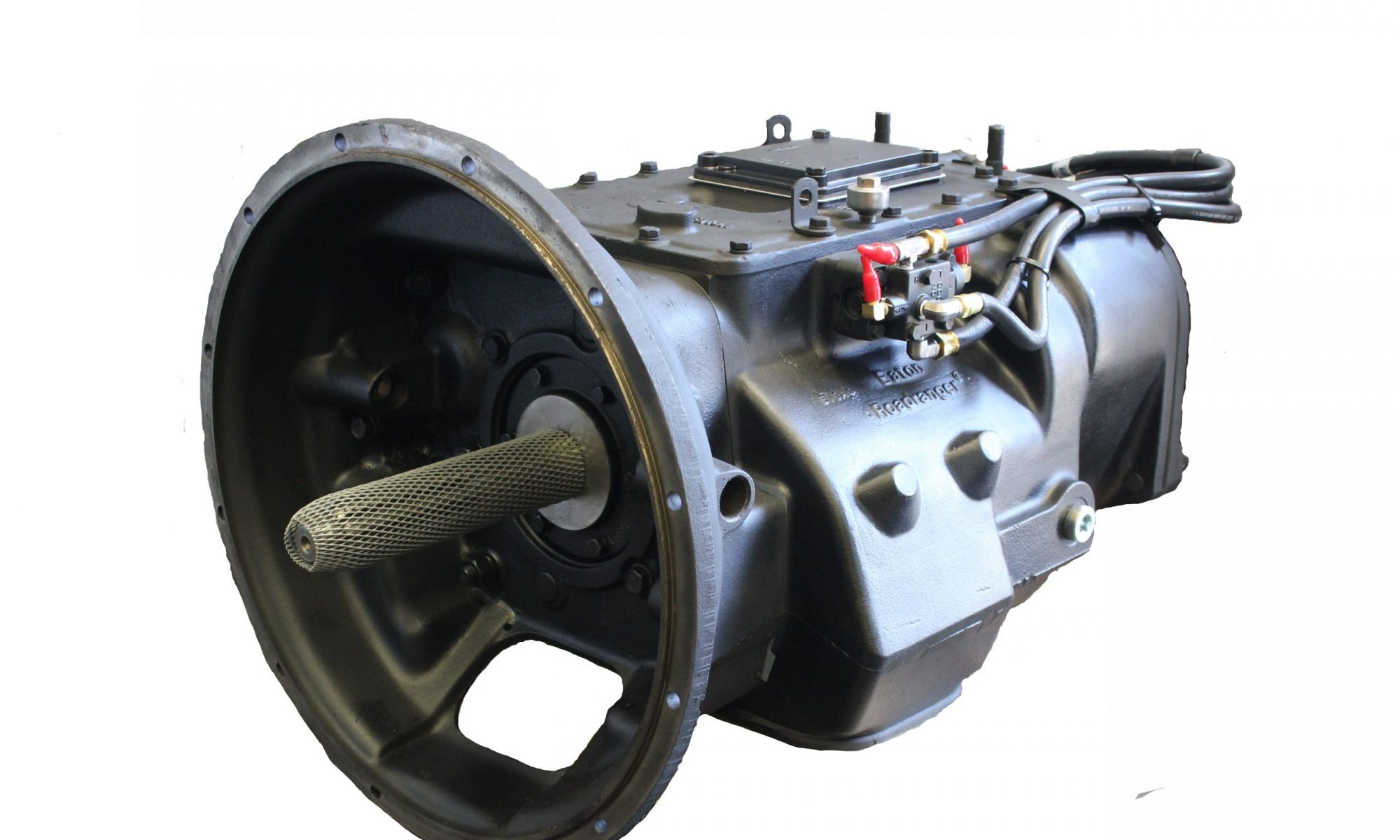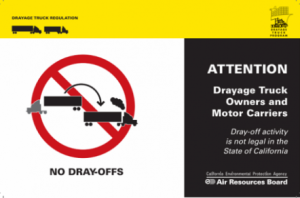Six local air districts have received funds from the California Air Resources Board to be used to retrofit trucks running through certain trade corridors.
Trucks operating primarily in the Bay Area, the Central Valley, Los Angeles, the Inland Empire and the San Diego border corridors may be eligible for replacement or engine repower.
Additionally, owners of fleets with fewer than 40 trucks might be eligible for loan assistance without the Proposition 1B restriction of operating in specific trade corridors.
Proposition 1B, or the Highway and Port Safety and Air Quality Bond Act, was passed in 2006 by California voters. It authorizes the State of California to borrow up to 19.925 billion dollars, in the form of general obligation bonds, to “relieve congestion, improve the movement of goods, improve air quality, and enhance the safety and security of the transportation system.”
For more information on the Proposition 1B loan program, go to: www.caclutchandgear.com/1B.

